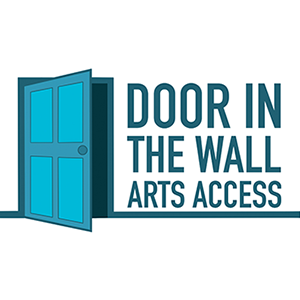Who is eligible for support?
Anyone can pay for our support services, but to be eligible for our free or subsidised artist support, you need to be:
- an artist at any stage of your career
- disabled or neurodivergent
- ordinarily living or working in Scotland OR be ordinarily living or working in the UK and experience barriers due to racism
We are a small organisation with limited resources, and unfortunately we will not be able to provide free or subsidised support to everyone who could benefit from it. We will have a limited number of free and subsidised hours available each month, which will be filled on a first-come, first-served basis.
How do you define "disabled"?
We use a slightly adapted version of the Equality Act 2010 definition of disability to reflect the preferred language of the neurodivergent community (e.g. autistic people and people with ADHD, dyspraxia, dyslexia, dyscalculia).
A person has a disability if: They have a physical or mental impairment, or neurological difference, and the impairment or difference has a substantial and long-term adverse effect on the person’s ability to carry out normal day-to-day activities.
I am a student/just beginning my career in art/don’t make my main living as an artist. Am I eligible for support?
Yes. We support disabled artists and art workers of all kinds, at all stages of their careers. We know that disabled and neurodivergent artists’ career paths often look different, and that’s fine.
I’m Scottish but am temporarily studying abroad. Am I still eligible for free/subsidised support?
Yes, if you are ordinarily resident in Scotland, but are temporarily studying abroad, you are still eligible provided you meet the other criteria (you are disabled/neurodivergent, and you are an artist).
Why do you offer free/subsidised services to UK-based disabled/neurodivergent artists who experience barriers due to racism?
Normally, for funding reasons, our services are only available on a free/subsidised basis to artists who live or work in Scotland. However we are very aware that disabled and neurodivergent BIPOC experience additional barriers to pursuing a career in the arts as a result of structural racism. We have therefore opened our services to disabled and neurodivergent artists who have experienced barriers due to racism, as part of our committment to promoting a more inclusive cultural sector.

